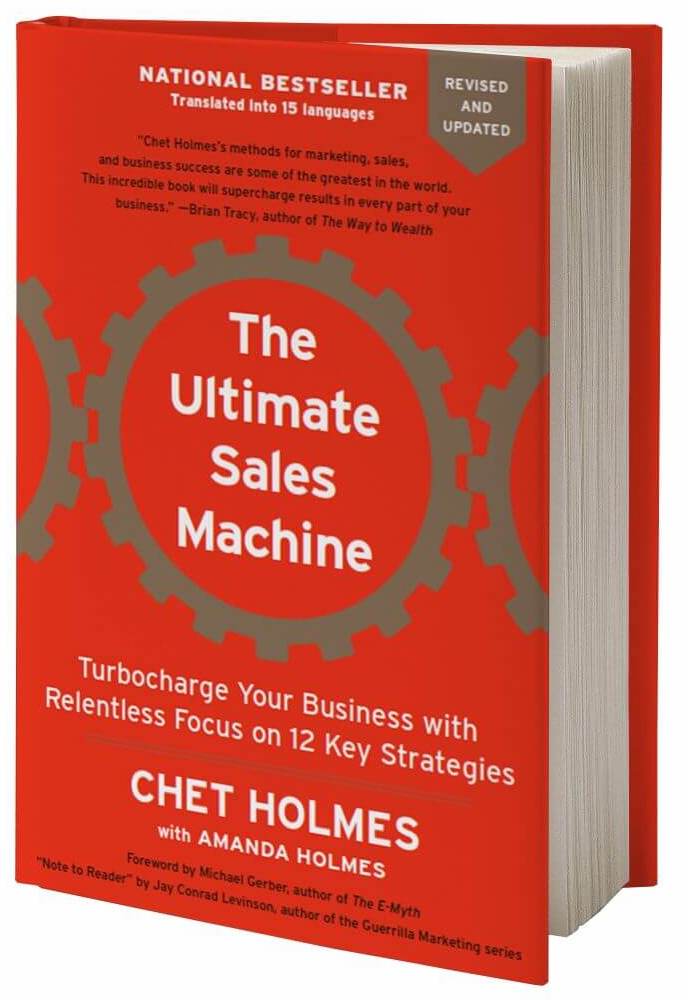
Most companies are totally reactive, rather than proactive. Moreover, they have to constantly recreate the wheel because they never stopped to create a formal process or standardized training program in the first place.
An exercise to find out what you want to fix
During a recent workshop with a client, I asked them to tell me “what are the things standing in the way of this being a much better company.” There were about 20 people in the room when I asked this question. We let them all think about it for a while and write down their thoughts before I went around the room and asked them what they had written down. By the way, this is a great exercise. Most companies have never done this, yet this simple exercise will give you six months of things to fix in your company.
One of the items that came up was this vague notion: “Too many exceptions to the rule.” So I asked what that meant and the person said: “We have too many circumstances where the rules are flexible or no one knows what to do, so we (the customer service people) have to go to the boss all the time to find out what to do.”
The next week we put on the whiteboard “Too many exceptions” and asked everyone for examples or situations. There were 19 of them that came up. That means 19 different situations where this company had never bothered to create procedures, policies, or standards by which people could operate.
We fixed all 19 within two weeks. Some of the solutions involved simple form letters. Some involved putting up a section on their website where many of these questions were answered, and the customer service people just had to send an email to the customer with the link. Some solutions required setting parameters within which the customer service people could operate. In some cases we created a tiered approach to resolve the issue. Meaning, try this, if that doesn’t work, do this, if that doesn’t work, do this, etc… Virtually every area where they once had to go to a boss was fixed because we had created some standard operating procedure for them to follow. The results were astonishing. The entire company runs better now.
We’ve all heard the Michael Gerber saying: “work ON the business not just IN the business.” Here’s how you work ON it.
You have to ask people what needs to be fixed. Try it. It will be profound for you. Most companies have never asked their staff what’s broken. Believe me, they’ll tell you. But you have to do it with emotional detachment. No one can get hurt by what other people say, and no one will be made to feel stupid or intimidated.
Then ask them how to fix it. I tell my clients all the time: If you have a good staff, the only thing the CEO needs to bring to a meeting is her or his judgment. Most CEO’s think they have to think of everything. That’s not correct. A good staff will fill you with ideas on how to fix the problems you haven’t even looked at. Do this every week and in a year you’ll be an entirely different organization with dramatic improvements in every area of your business. Just stop everything once per week for an hour to fix all the things in your business that aren’t the way you like them.
Increasing sales 600%
I have another client where we worked over their lead generation process for five solid months. First we broke down the entire process into every little step you can imagine. Then we did “workshops” (where you ask for input) on every little piece. In five months they went from getting four appointments per week to getting thirty. Most CEO’s leave everything to chance. You don’t have to.
In summary
Be a scientist about improving your company. Work ON every aspect of it with loving care and meticulous thought. Be devoted to getting one small improvement every week without fail. In just 52 weeks from now, you’ll be a profoundly improved company.
The next step
My experience as a top-producing salesperson, business owner, elite business-change expert, sought-after Fortune 500 trainer, film producer, and karate master has taught me that the key to improving anything and everything is not about trying to implement 4000 things. The key is to isolate a handful of things that will have a massive impact and master them by practicing them everyday. But how do you know which ones will make the biggest difference? Check out this 52 Week Workshopping Playbook. To give you the exact workshops to use every week for the next 12 months.





 Get your pre-sale copy of the new edition of The Ultimate Sales Machine! (With special limited time bonuses)
Get your pre-sale copy of the new edition of The Ultimate Sales Machine! (With special limited time bonuses)
0 Comments